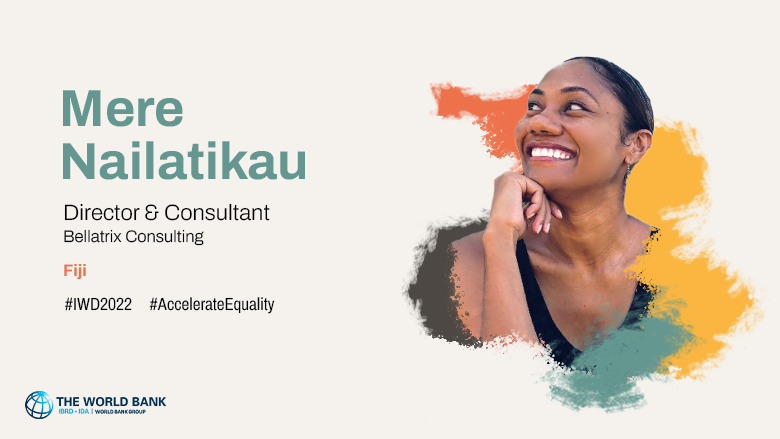My work on Vosa started in the middle of last year and it has been a really wonderful experience. I enjoyed the podcast and really loved the work that the original host, Arieta Rika, did on it.
I’ve appreciated the people that I've had the opportunity to speak with, whether they're Pacific creators, Pacific activists or people who are living their lives in ways that I admire. They’re finding ways to nurture their passion and make the most out of their gifts, and using that to overcome the challenges that impact us in everyday Pacific life.
Firstly, I am curious. I always want to know why. Secondly, I am always learning. My parents instilled in me that there’s never an end to learning. It gives me a reason to get out of bed in the morning. I learn a lot from storytelling and the people that I share stories with. And finally, I am discontent. While I'm grateful, I like to nurture a healthy level of discontent. There's a lot out there that needs to change. People deserve equality, good leadership, and to live their lives with dignity. A big part of my purpose in life is asking myself how I can act in meaningful ways on that discontent.
There are so many to choose from. I hope that the series of stories on Vosa is giving joy to others because it certainly gives joy to me. Our first episode was with a group of Pacific creators: a writer and poet, a graphic designer and filmmaker, a fashion designer, and a musical artist. It was about the different ways they nurture their gifts. There was so much wisdom in those conversations, and it remains a favorite for me.
Another episode discussed parenting and how Pacific people lean into their cultures to evolve and develop new ways to parent and nurture their children. I came away from that with a deeper understanding that, no matter what your circumstances are, you deserve the best start in life, and that’s certainly true for Pacific children. We also had a meaningful conversation about sexual and reproductive health. Lately, I’m also feeling grateful for our recent episode, about ocean voices.
Evidence shows that women are disproportionately impacted by climate change, whether from a lack of protection, an increase in gender-based violence, or food insecurity in the wake of a disaster. These are all multilayered, multi-directional impacts that affect the lives of women. Gender inequality silences women in all their diversity. This inequality is a real barrier to shedding light on these perspectives and to addressing these impacts. Women hold so much knowledge and wisdom, indigenous women for example, and we miss out on the benefits of this traditional knowledge and science when discussing solutions to climate change.
To me, storytelling means respect and mutuality. Someone is sharing their experience, sharing a part of their life, and you can't put a value on that. It’s important for me to engage with respect, and to learn and really hear the people I interview and work with. I practice mutuality by letting them know my motivations too and making sure I follow through.
My best experiences are when someone tells me, “Oh, thank you, I really enjoy sharing that story. It helped me value new things about myself and what I experienced”. It means they have reflected and value themselves in new ways, and I feel honored to be a part of that.
Storytelling in public diplomacy is vital. Public diplomacy is about strengthening people-to-people links and fostering goodwill and trust between countries and the public.
At the same time, there’s a golden rule that no amount of public diplomacy can make up for bad policy. My advice is to always tell the truth. Don't put a narrative out there that your policies are at odds with because that won’t create trust. At this stage in my career, I’m focusing on telling the story of my country, my region, our perspectives, and our journeys. I'm motivated by stories that help build and contribute to oceanic solidarity.
I believe it's the most normal thing in the world for a woman to lead. The fact that I can see that as a Pacific woman is the result of generations of activism and hard-won progress. Women do, women can, and women should lead. We’re just as capable and just as flawed as anyone else. I avoid the exceptionalism of the ‘honorable woman’ or the ‘noble woman’ tropes, because there is so much scrutiny and double standards placed on women. If a woman is the first, let's celebrate and affirm that progress, and let's work together to make sure she's not the last.
I just want to thank Pacific women. I was raised by one and I've learned and thrived in my life thanks to so many more. The older I get, the more I understand the complexities, the frustrations, and just the sheer grit involved in being a Pacific woman. We’ve got a long way to go but the women who have come before us have brought us far. To them I want to say thank you.
**The views expressed in this interview do not necessarily represent the views of the World Bank Group.

